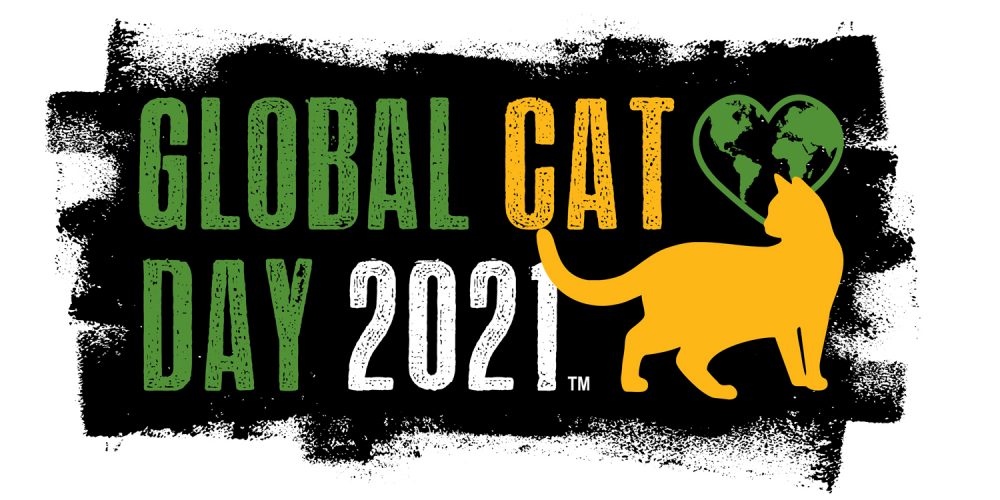
Cats worldwide are under attack. Governments and lawmakers continue to enact legislation that supports animal control practices that trap and kill thousands of cats around the globe.
Last week on Global Cat Day 2021, Becky Robinson, Alley Cat Allies’ President and Founder, and a globally recognized defender of cats, called for an end to the killing of cats, and a shift to the sustainable, nonlethal neutering and returning of cats to their outdoor homes.
“While many civic leaders have applied scientifically-proven, humane and nonlethal approaches for managing cats, it is urgent for all municipalities to embrace this successful model,” says Becky. Her message on Global Cat Day is a call to action for compassionate approaches for cats and all animals around the world.
To underscore that message, Alley Cat Allies produced an informative video that debuted on Global Cat Day 2021. In the video, Becky exposes flawed excuses and assumptions being used to kill cats as “immoral, cruel, and with malicious intent.” Emma Hurst, a member of the Australian Animal Justice Party and a member of the New South Wales Parliament, joined Becky in the video for a discussion that highlights the global nature of the war on cats.
An Effective and Humane Solution: Trap-Neuter-Return
We prioritize the sterilization of cats to benefit them and our communities. And the most effective and humane method of reducing their numbers is Trap-Neuter-Return (TNR).
With TNR, concerned cat enthusiasts toil daily to get community cats spayed or neutered, vaccinated, and returned to their outdoor home. Here they are fed and provided medical care. Over time, the number of cats diminish through attrition. Further, friendly cats who are candidates for adoption are removed and prepared for a new life indoors.
Long-term studies across the country show that TNR not only reduces cat populations, but also allows the cats to live out their lives healthily. What’s more, these programs save taxpayers money by reducing animal service calls and relieving the burden on shelters. And neighborhoods become quieter as mating behavior decreases. Moreover, TNR is the humane and sustainable option for managing cat populations.
Reducing the number of free-roaming cats through TNR is a part of a much larger solution for protecting our environment and the countless species with which we share our planet. Such proactive efforts, often paid for by TNR volunteers out of their own pockets, should be encouraged and emulated, not thwarted by restrictive and unrealistic laws and regulations. Their efforts not only provide a humane solution for the cats, but also benefit public health and safety. They serve as an example to our fellow citizens and lawmakers of how humans, the most powerful stewards of our planet, can take responsibility for creating a more humane and sustainable world for all species.


